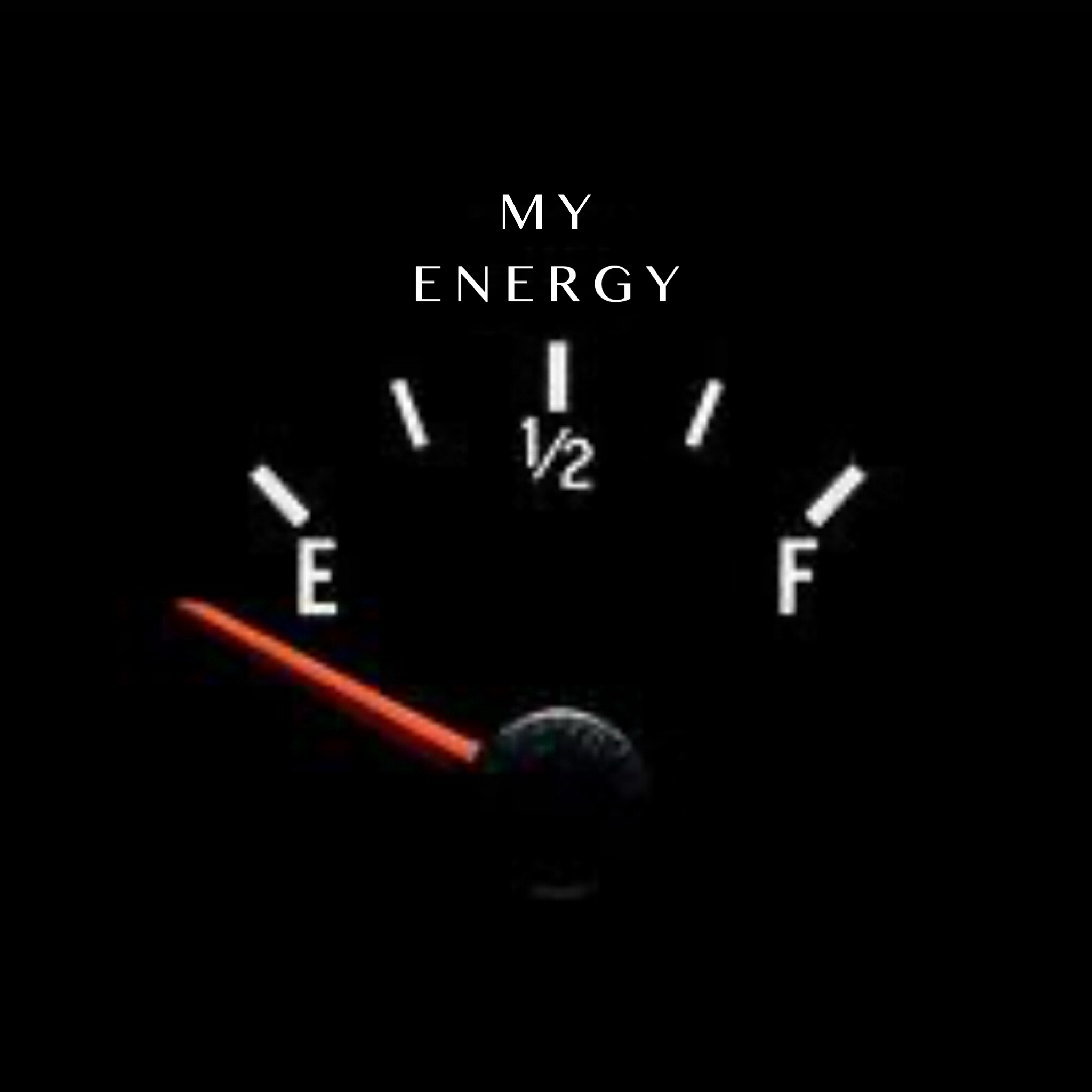It’s a common problem. The need to feel productive.
The drive to function intensely in our work or personal lives can be a double-edge sword. On the one hand, it can lead to significant achievements and a sense of accomplishment. On the other, it can drain our energy and its reserves if not managed well. Balanced mental and emotional health calls for shades of productivity while paying attention to our body’s need for calm and relaxation. Existing in a constant state of hyper-arousal (adrenaline junkies, please come to the front of the room!) may have us feeling productive, dynamic and “in the know,” however our bodies simply were not designed to be that alert all the time. Slowing our engines may seem as though we’re slacking or being unproductive, but the truth (according to science, not to mention conventional wisdom) is that any machine that is overworked will simple peter out, burn up or malfunction. Think of how you treat your own body. Do you push it to the limit, ask too much of it, ignore signs of wear and tear? If so, consider that you may be headed for a potential problem in the long run.
As you reflect on you own emotional reserves, it is helpful to examine where the “leaky holes” may be. These are the places where our energy leaks out, oftentimes without realizing it. One major source of energy drain is how often we say “Yes” to the expectations, requests or demands of others. This is not to say that others are the cause of one’s problems. If you find yourself saying “Yes” far too frequently, then the question to ask yourself is “What is the reason that compels me to say “Yes” even when doing so may not be in my best interest? Do your yeses have to do with needing to be liked, pleasing, agreeable? Are your yeses your insurance policy against feeling rejected or having someone displeased with you? Are they self-esteem tokens that you dole out like dollar bills to keep people happy with you or connected to you? These are the sort of questions that can take you toward a deeper dive of your true motivations and as a result, your healthiest self.
Saying “No” at times is not necessarily a rejection of another but rather an affirmation of you. Think about that for a moment. Our “No” is one of the primary gatekeepers to our wellbeing. No one can do that for us. We alone control how many times we open and close the gate. The following are several ways in which we can monitor and handle our susceptibility to an energy drain. Review them and do a quick assessment of your mental and emotional tank.
Boundaries of time, space, noise, money. Do you set and maintain them?
Quality rest. Do you allow yourself to get enough sleep or quality downtime?
Delegate. Do you let others do their fair share of things? Do you ask for help or support when you need to?
Digital breaks. Can you separate from your devices? If not, what makes this so difficult?
Nature and movement. Do you get out in nature and move your body as you do?
Alone time. Do you occasionally give yourself some solitude or do you do all you can to avoid being alone with yourself for any length of time?
By acknowledging the upside and downside of living too intensely and adopting these energy-preserving practices, you can maintain a healthier balance, ensuring that your personal needle stays further from “Empty” and closer to “Fulfilment.”

